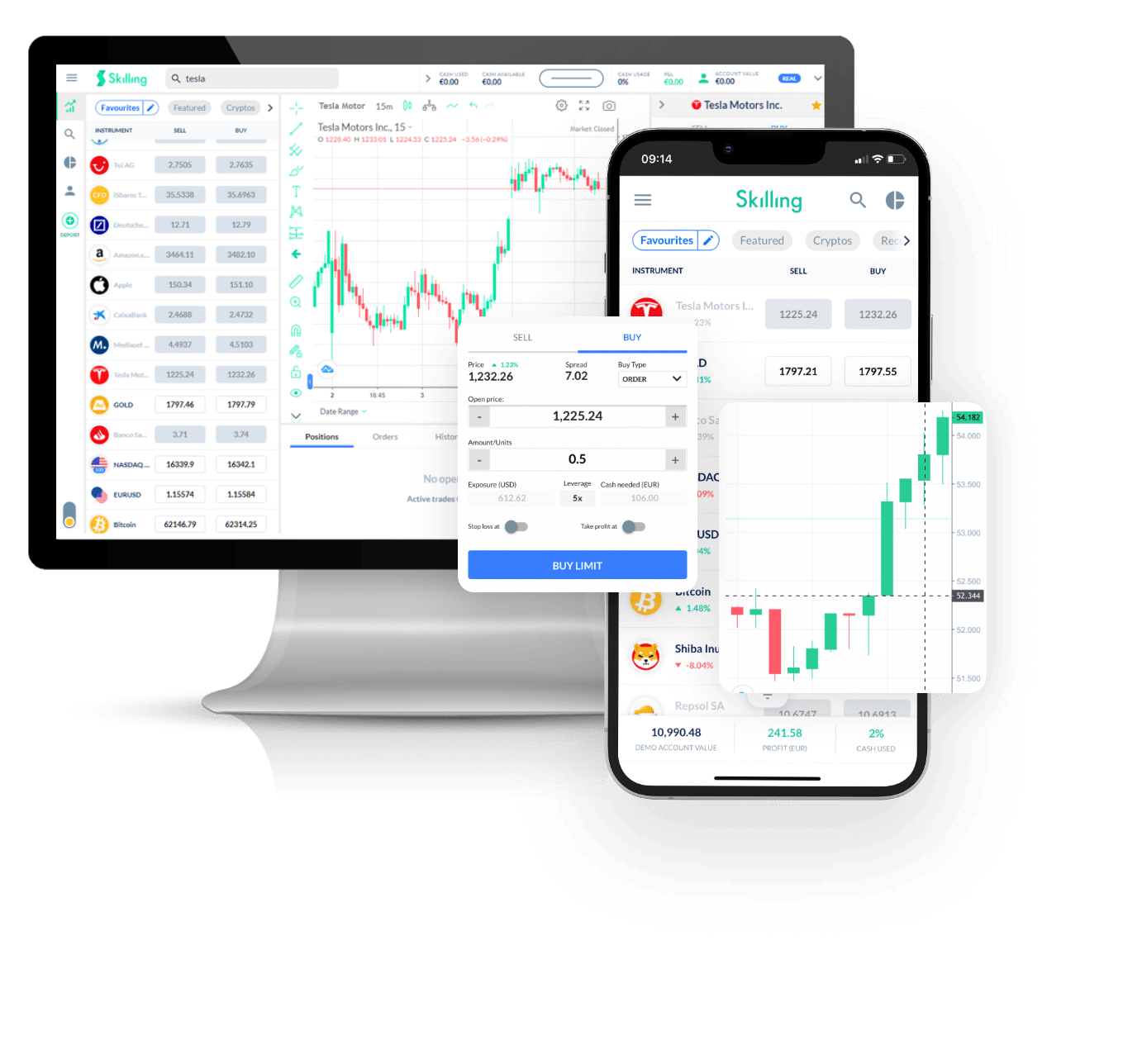Loading...
Trade [[data.name]]
[[ data.name ]]
[[ data.ticker ]]
[[ data.price ]] [[ data.change ]] ([[ data.changePercent ]]%)
Low: [[ data.low ]]
High: [[ data.high ]]
About
History
Differences between Investing vs Trading
About
History
Differences between Investing vs Trading
Merck & Co. was founded in 1891 by George Merck. The company went public in 1949 and its shares are traded on the New York Stock Exchange. Merck is a global research-driven pharmaceutical company that discovers, develops, manufactures and markets a broad range of human and animal health products. The company is headquartered in Kenilworth, New Jersey, USA.
The company went public in 1949 and its shares are traded on the New York Stock Exchange. In 1952, Merck established MERCK Sharp & Dohme (MSD) in the UK, which was its first international subsidiary. The company has since expanded its operations globally, with subsidiaries and joint ventures all over the world.
Shares of Merck & Co. (MRK) have been on a roller coaster ride in recent months, affected by a number of events. Vioxx was pulled from the market after studies showed that it increased the risk of heart attack and stroke in some patients. The recall dealt a blow to Merck's reputation and sent its share price plunge in 2004. The stock has since recovered some ground, in June 2020, the company announced that it had entered into a partnership with AstraZeneca (AZN) to jointly develop and commercialize a potential COVID-19 vaccine. The highest price ever reached by Merck's shares was around $94.96 on July 15th, 2022.
Overall, Merck's share price is affected by a number of different factors, both positive and negative. The company's long-term performance will ultimately be determined by its ability to continue to develop and bring new products to market successfully. In the short term, however, the share price will be dictated by the overall direction of the stock market and global economic conditions.
When it comes to investing in shares of Merck & Co., there are two main ways to do it: you can either invest or trade them. Both have their own advantages and disadvantages, so it's important to understand the difference between the two before deciding which one is right for you.
Investing in shares means buying and holding onto them for a long period of time, typically at least five years. The goal here is to ride out any ups and downs in the stock market, as over the long term, shares tend to go up in value. This method is best for investors who are patient and don't mind taking on some risks.
Trading shares, on the other hand, involves buying and selling them more frequently, typically within a few months. The goal here is to make profits from the short-term price movements of the stock. This method is best for traders who are more active and are comfortable with taking on more risk.
| Swap long | [[ data.swapLong ]] points |
|---|---|
| Swap short | [[ data.swapShort ]] points |
| Spread min | [[ data.stats.minSpread ]] |
| Spread avg | [[ data.stats.avgSpread ]] |
| Min contract size | [[ data.minVolume ]] |
| Min step size | [[ data.stepVolume ]] |
| Commission and Swap | Commission and Swap |
| Leverage | Leverage |
| Trading Hours | Trading Hours |
* The spreads provided are a reflection of the time-weighted average. Though Skilling attempts to provide competitive spreads during all trading hours, clients should note that these may vary and are susceptible to underlying market conditions. The above is provided for indicative purposes only. Clients are advised to check important news announcements on our Economic Calendar, which may result in the widening of spreads, amongst other instances.
The above spreads are applicable under normal trading conditions. Skilling has the right to amend the above spreads according to market conditions as per the 'Terms and Conditions'.

Trade [[data.name]] with Skilling
All Hassle-free, with flexible trade sizes and with zero commissions!*
- Trade 24/5
- Minimum margin requirements
- No commission, only spread
- Fractional shares available
- Easy to use platform
*Other fees may apply.
Why Trade [[data.name]]
Make the most of price fluctuations - no matter what direction the price swings and without capital restrictions that come with buying the underlying asset.
CFDs
Equities
Capitalise on rising prices (go long)
Capitalise on falling prices (go short)
Trade with leverage
Hold larger positions than the cash you have at your disposal
Trade on volatility
No need to own the asset
No commissions
Just low spreads
Manage risk with in-platform tools
Ability to set take profit and stop loss levels

